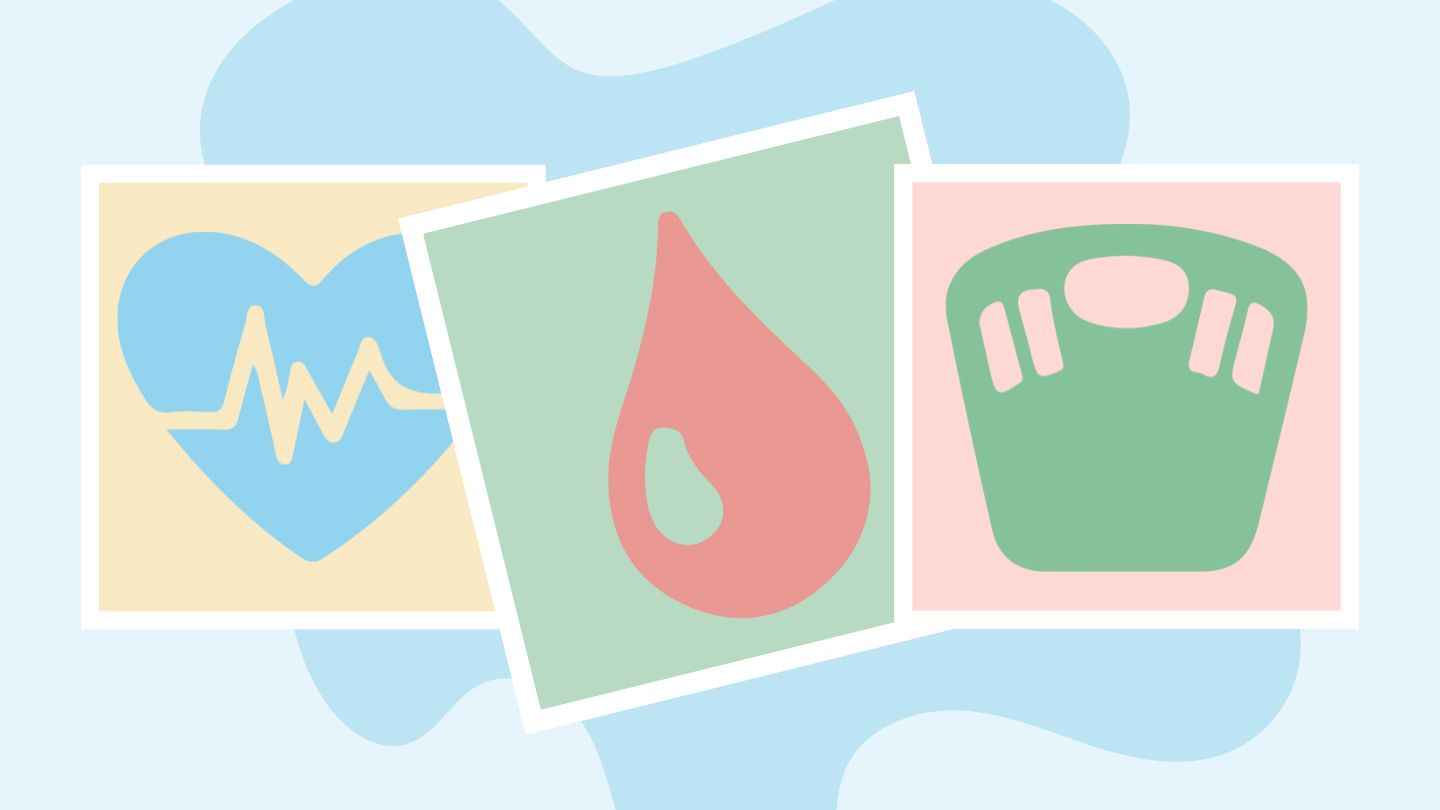In addition to the health effects of inadequate sleep due to sleep apnea, the condition has been shown to increase the risk of accidents. One review of studies on the frequency of car accidents involving people with daytime sleepiness and/or sleep apnea found that the odds of a car accident were more than double for people with sleep apnea.
“One of the ways sleep apnea presents is as excessive daytime sleepiness,” says Dasgupta. “People may fall asleep behind the wheel or experience microsleep” — brief moments of sleep that last 1 to 30 seconds that you may not even realize are happening.
If you suspect you have sleep apnea, it’s important to be treated as soon as possible. If you’ve been diagnosed with sleep apnea but continue to experience symptoms, such as excessive daytime sleepiness, talk to your doctor about whether you should try a new treatment.
The good news is that sleep apnea can be treated, which reduces the related health risks, says Dasgupta. Some people may be reluctant to go see a doctor and have a sleep study done, assuming they’ll be hooked up to monitors and machines at a sleep center, he says. But the diagnosis process is much easier than it was in decades past.
“Today, a sleep study is not the Frankenstein’s monster, with tubes coming out, [that] you might picture,” says Dasgupta. “You can do a home sleep study in your own bed.”
Read the full article here




